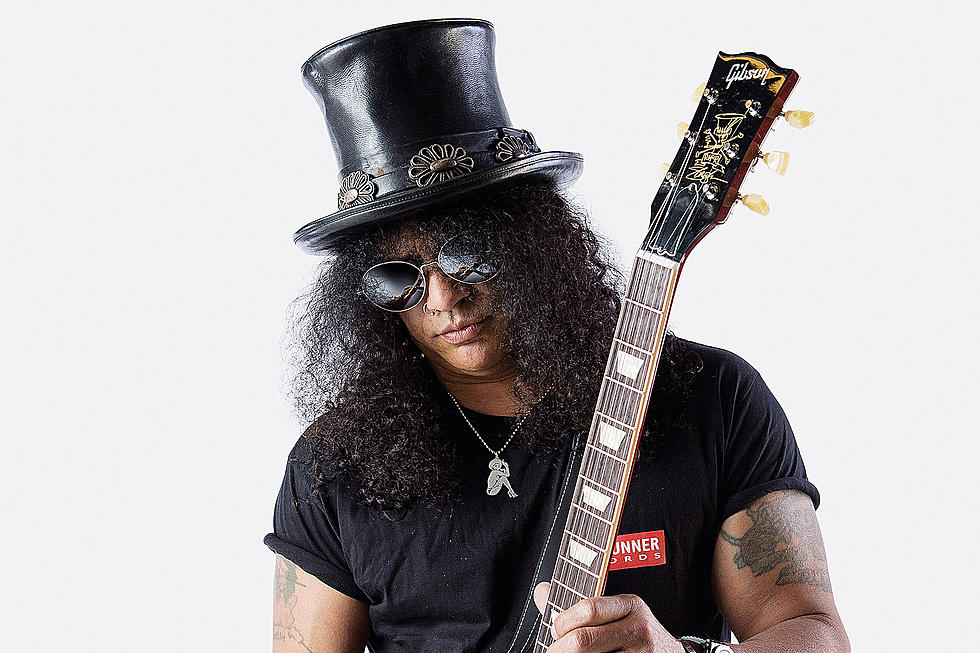Where did these iconic rock stars get their stage names?
Many of the most famous rock stars have stage names, and there are many reasons why they might choose to use one. Some stage names are simply more memorable or easier to pronounce than the artist's real name. Others are chosen to reflect the artist's personality or image. And still others are chosen to create a sense of mystery or intrigue.
Whatever the reason, stage names have become an important part of rock and roll culture. They help to create a unique identity for each artist, and they can also help to build a sense of community among fans.
- New Movies On Moviesflix Mustsee Films You Cant Miss
- Ultimate Guide To Xvideo Everything You Need To Know
Here are a few examples of iconic rock stars and their stage names:
| Artist | Stage Name ||---|---|| Freddie Mercury | Farrokh Bulsara || Bono | Paul Hewson || The Edge | David Howell Evans || Slash | Saul Hudson || Axl Rose | William Bailey |
As you can see, stage names can come from a variety of sources. Some are simply nicknames, while others are more carefully chosen to reflect the artist's personality or image. But no matter where they come from, stage names have become an important part of rock and roll culture.
- The Life And Legacy Of Ralph Bernstein An Iconic Figure In The Arts
- Insights Into The Viral Phenomenon Ya No Me Pises Pa Video Twitter
Where these iconic rock stars got their stage names
Freddie Mercury
Freddie Mercury was born Farrokh Bulsara in Zanzibar in 1946. He adopted the stage name "Freddie Mercury" in 1970, when he joined the band Queen. The name "Mercury" was inspired by the Roman god of messengers, and it reflected Freddie's flamboyant and charismatic personality.
Bono
Bono was born Paul Hewson in Dublin, Ireland, in 1960. He adopted the stage name "Bono" in 1976, when he joined the band U2. The name "Bono" is a Latin word meaning "good voice," and it was given to him by his friend Gavin Friday.
The Edge
The Edge was born David Howell Evans in London, England, in 1961. He adopted the stage name "The Edge" in 1976, when he joined the band U2. The name "The Edge" was inspired by the fact that he often played guitar on the edge of the stage.
Slash
Slash was born Saul Hudson in London, England, in 1965. He adopted the stage name "Slash" in 1983, when he joined the band Guns N' Roses. The name "Slash" was inspired by the way he would often slash his guitar strings.
Axl Rose
Axl Rose was born William Bailey in Lafayette, Indiana, in 1962. He adopted the stage name "Axl Rose" in 1985, when he joined the band Guns N' Roses. The name "Axl" is a play on the words "axle" and "rose," and it reflects Axl's tough and rebellious personality.
FAQs on "Where These Iconic Rock Stars Got Their Stage Names"
This section provides answers to frequently asked questions about the stage names of iconic rock stars. These questions address common misconceptions and offer insights into the reasons behind these unique identities.
Question 1: Why do rock stars use stage names?
There are several reasons why rock stars adopt stage names. Some choose names that are more memorable or easier to pronounce than their real names. Others select names that reflect their personality, image, or musical style. Stage names can also create a sense of mystery or intrigue, adding to the rock star's aura.
Question 2: How do rock stars come up with their stage names?
The inspiration for stage names varies greatly. Some are derived from nicknames or childhood experiences, while others are carefully chosen to convey a specific message or image. Some rock stars even adopt names that have no particular meaning but simply sound catchy or unique.
In conclusion, stage names are an integral part of rock and roll culture. They allow artists to create unique identities, connect with fans, and express their creativity. The reasons behind these names are as diverse as the artists themselves, adding to the mystique and allure of rock music.
Conclusion
The stage names of iconic rock stars have become an intrinsic part of their identities and the rock and roll culture they embody. Through an exploration of their origins, we've gained insights into the diverse motivations behind these names, ranging from personal experiences to artistic expression.
These stage names not only serve as memorable monikers but also reflect the artists' personalities, aspirations, and connection with their audience. They contribute to the mystique and allure of rock stars, allowing them to transcend their real names and create enduring legacies within the music industry.
- Bolly4you Your Ultimate Guide To Bollywood Entertainment
- Hottest Indian Web Series 2025 Your Ultimate Guide To Streaming Gold

